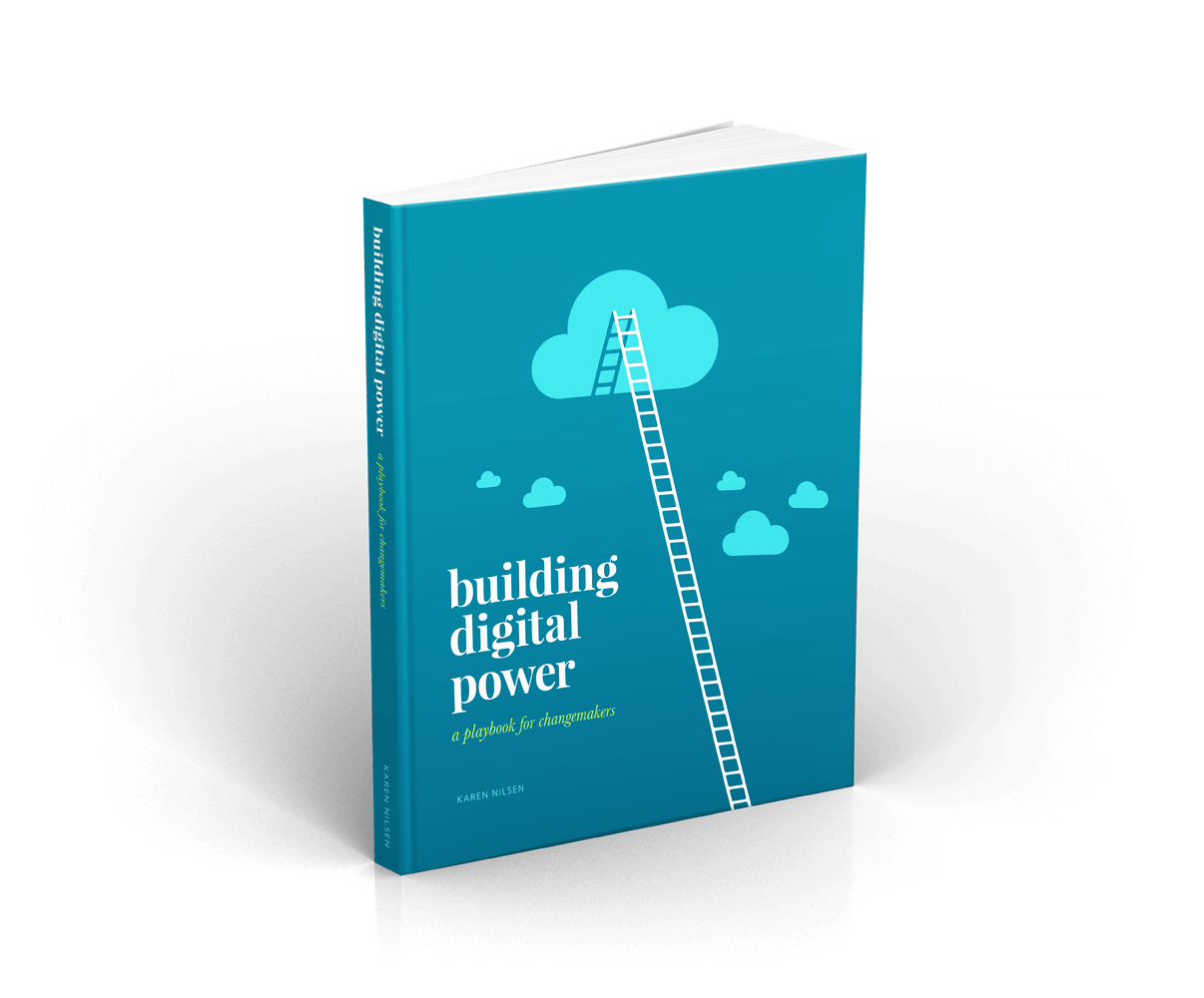6 Ways to Make Page Titles Click-Worthy (Not Click-Baity)
On the surface, it looks like the purpose of a title is to introduce the content of a webpage. But of course—you know that’s not it at all! Your title or headline’s strategic function is to gain buy-in from your reader.
A great headline performs like a great email subject line: get it right, and you’ll buy enough time to keep your reader reading. Get it wrong, and it won’t matter how great the rest of your content is—no-one will get there. Writers who recognize the importance of headlines will often brainstorm a dozen or more options before picking the strongest one. So get cracking! Use these tips to keep you on track.
1. Play to your traffic
Where do you expect most of your webpage traffic to come from? You should know this before you start writing. Your audience and their pathway to your page should influence your content strategy. If you’re targeting organic search, then SEO and keywords will be critical factors in your headline’s or page title’s success. If you’re targeting social media traffic, then urgency and ‘consequence‘ will be far more important.
2. Identify a value proposition
Your audience has a choice to make: to read or not to read. Nine times out of ten, your headline is the deciding factor. Whether it’s battling for eyeballs in search results, newsfeeds, or on the page itself—if your headline doesn’t immediately promise value in exchange for your reader’s time, most people are going to ‘pass’. How do headlines promise ‘value’? Like this.
3. Create consequence
When introducing an action page—like a petition or an advocacy—your headline should identify an imminent threat or time-sensitive opportunity. When it does this, it creates consequence. To ignore your page is to ‘accept’ the threat or ‘miss’ the opportunity. What does ‘consequence’ look like in a headline? Here are some examples.
How to build your own digital power, in 200 pages.
Free eBook4. Think ‘outside the page’
Chances are, you’re writing your headline at the same time your writing your webpage content. That won’t be the way most people are going to read it. In all likelihood, more people will see your headline off your than on. In search results, social media feeds, and instant messages... Forget everything about your page content for a moment and write a headline that communicates meaning in isolation.
5. Keep it short
The more meaning you can deliver in fewer words, the better. Aim to articulate something unique in each headline—but try to keep it under 50 characters. Anything over could be cut short in Google search results.
6. Deliver
A click-baity headline might bring people to your page, but if it’s not relevant, or if it doesn’t deliver on its promise, it won’t keep people there. This is bad news on so many levels. Not only does it annoy readers, destroy trust, sink your conversion rates, and eat your bandwidth—if search engines detect that people are ‘bouncing’ off your page, your search rankings may suffer, too.
Finally, CoSchedule has a cool interactive headline analyzer that can help you write stronger headlines and preview them in different contexts.
Was this tip useful?


Get a free weekly digital strategy tip:
Unsubscribe any time. We respect your data. View the privacy policy.
Like this tip? Share it!






